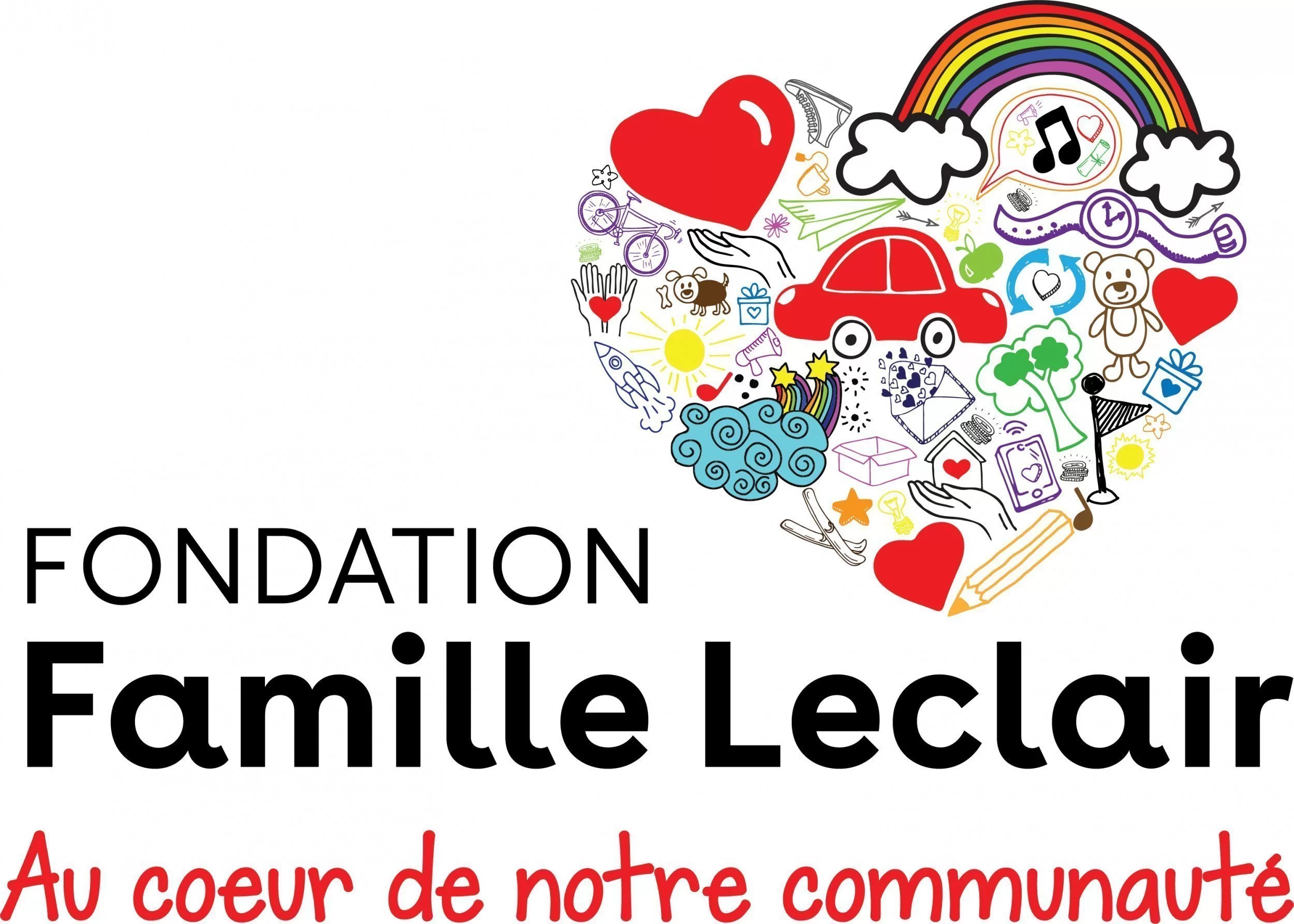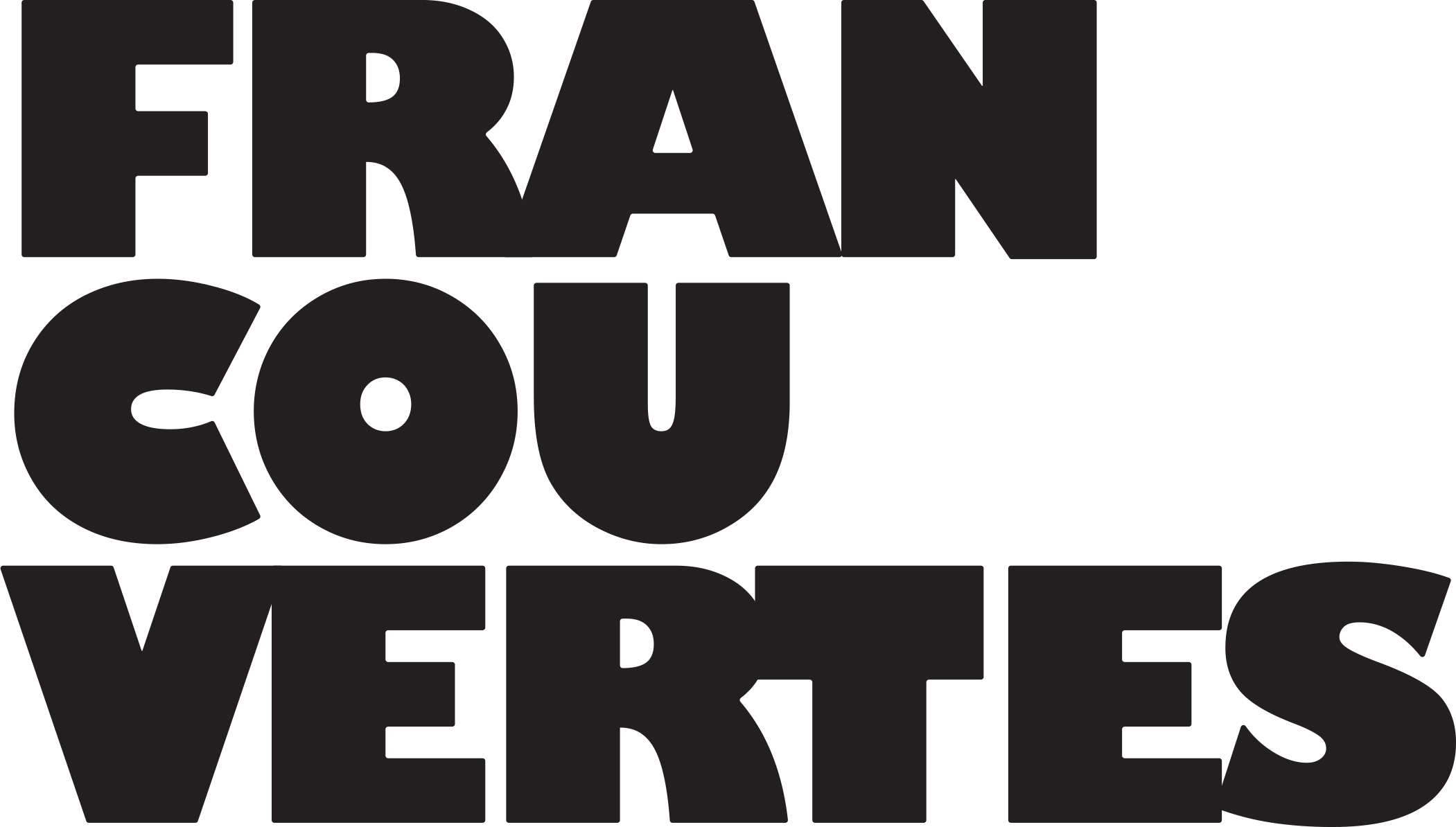Guide to Participatory Intervention: Intake and Release Protocols
CAP santé mentale is a network of 43 member organizations across Quebec. These organizations provide support for family and friends of people with mental health problems. The services offered include psychosocial interventions, informational, training and awareness activities, support groups and respite care.
No matter where you are located, we have found the needs of families to be the same. Over the years and based on the wealth of stories we have gathered, we have observed a widespread and very worrisome phenomenon when families accompany their loved ones through the medical system. When a person with a mental illness or suicidal thoughts enters an emergency room or is hospitalized, they are likely to experience major shortcomings related to follow-up care as well as the attention members of their family receive.
Everyone agrees that the lack of collaboration between mental health services, short emergency room stays, brief hospitalizations and follow-up care means that people in distress are often left to fend for themselves when they are released into the community. According to families, there is an inherent risk of suicide underlying this situation. In times of crisis, close relatives are invaluable sources of information. They can guide members of the care team while bringing comfort to the person who is in crisis or experiencing decompensation. Although they may be present before, during and after the crisis, we must admit that even today, members of the care team fail to recognize their value.
Based on the reality of the situation and our concern in working proactively to provide solutions to the problems raised by family and friends, CAP santé mentale has developed the practical tools for participatory intervention that you will find in this guide. We begin with an intake protocol model (the first phase of being admitted into the CSSS) that can serve as a guide for those working in the hospital environment. It takes into account the presence of family members and allows for better transmission of information.
The guide also contains a release protocol model (the second phase of the stay) that also involves family members. We created this guide with the goal of ensuring that family and friends are no longer kept on the sidelines and are respected in their role as assistants and so that the person with the mental illness is aware of the resources available to them when they leave the emergency room or hospital. Every effort must be made to prevent them from sinking deeper into distress and possibly even endangering their life.
Through CAP santé mentale member organizations, these tools are currently in use all across Quebec. We hope that with the recent arrival of the Mental Health Action Plan that these solutions will be taken into consideration by the Health and Social Services Centres (CSSS) for the benefit of people with a mental illness and their families.
See the guide [LINK IN FRENCH]











